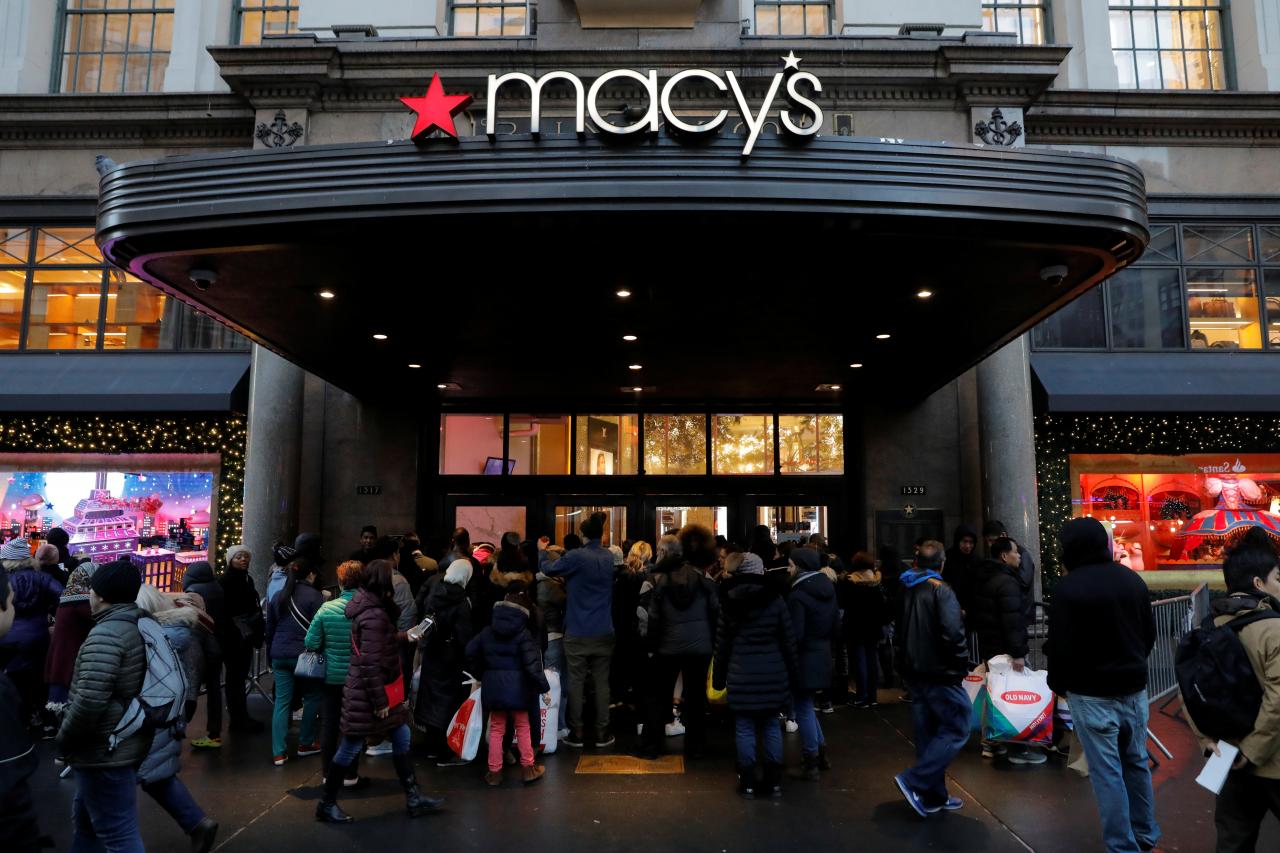A growing number of credit card issuers in the United States decided that they don’t want to finance investments in a bubble which a lot of people believe that it will burst soon.
According to a report from Bloomberg, JPMorgan Chase & Co., alongside Bank of America Corp. and Citigroup Inc. halted purchases of Bitcoin and other alternative cryptocurrencies using their credit cards. Specifically, JPMorgan Chase & Co. announced that they’re instituting the ban this Saturday, as the bank doesn’t want to associate the credit risk with transactions, said company spokeswoman Mary Jane Rogers.
Could more institutions follow?
Bank of America, on the other side, began declining credit card transactions with some of the most used cryptocurrency exchanges this Friday. The bank’s policy applies to both personal and business credit cards, while debit cards are not affected, said Betty Riess, the company’s spokeswoman.
Finally, Citigroup also announced this Friday that they will stop purchases of Bitcoin and other cryptocurrencies using its credit cards as well, but they somehow left a door open. “We will continue to review our policy as this market evolves,” company spokeswoman Jennifer Bombardier said.
Why such decisions from credit card issuers?
Apparently, allowing cryptocurrency purchases can lead to serious problems for lenders. Specifically, they can be the ones left on the hook if the borrower makes a wrong bet and can’t repay. Of course, it’s not the case with Bitcoin, but you never know.
Besides this, thieves can also abuse a card, using a stolen identity and turn them into crypto hoards. And this is also a very serious reason for issuers to take this decision.
Finally, major banks and not only are required by regulators to constantly monitor customer transactions and observe potential money laundering attempts. And this is far from being easy, as dollars are converted into digital coins.
Back to Bitcoin, it lost more than half of its value from late December 2017, currently trading at $9,133.72. The massive drop started after regulatory threats kept coming from all over the world. Combine this with the fear of price manipulation, as well as Facebook’s ban on ads for anything crypto-related and you this new price starts to make sense.

